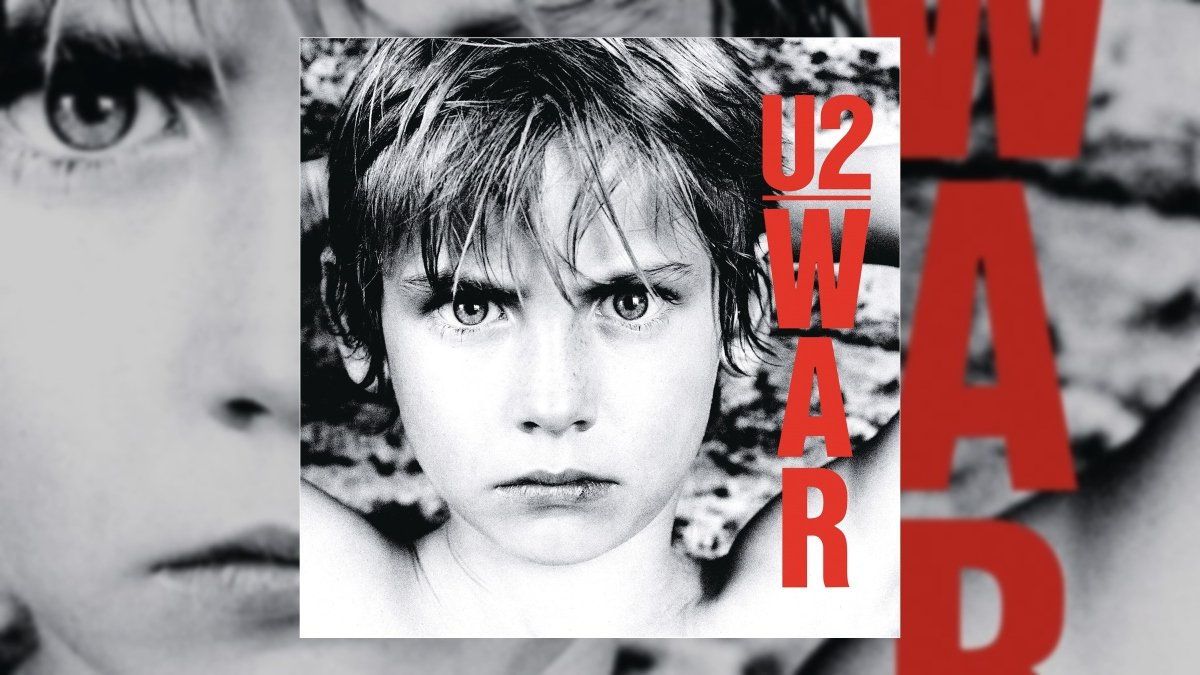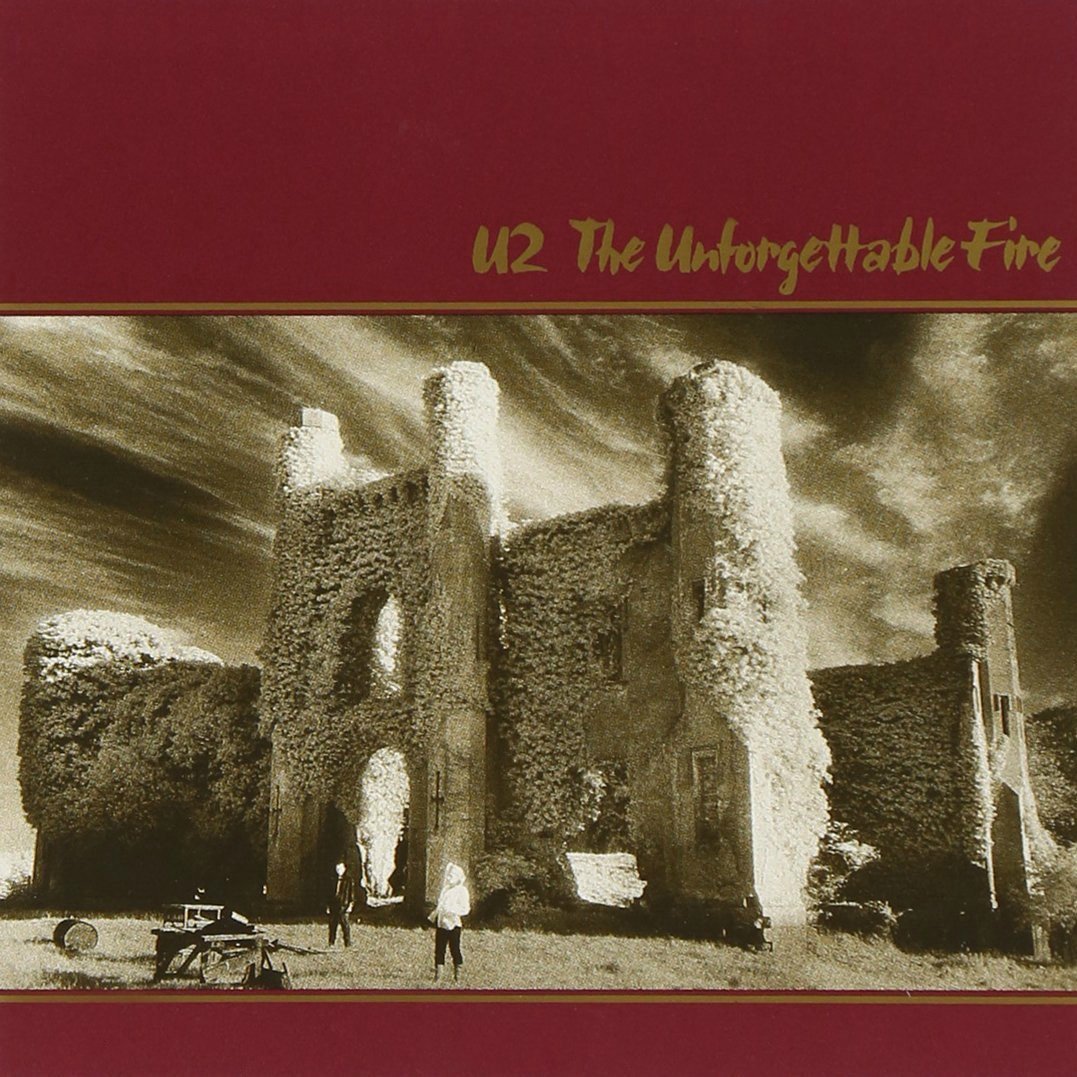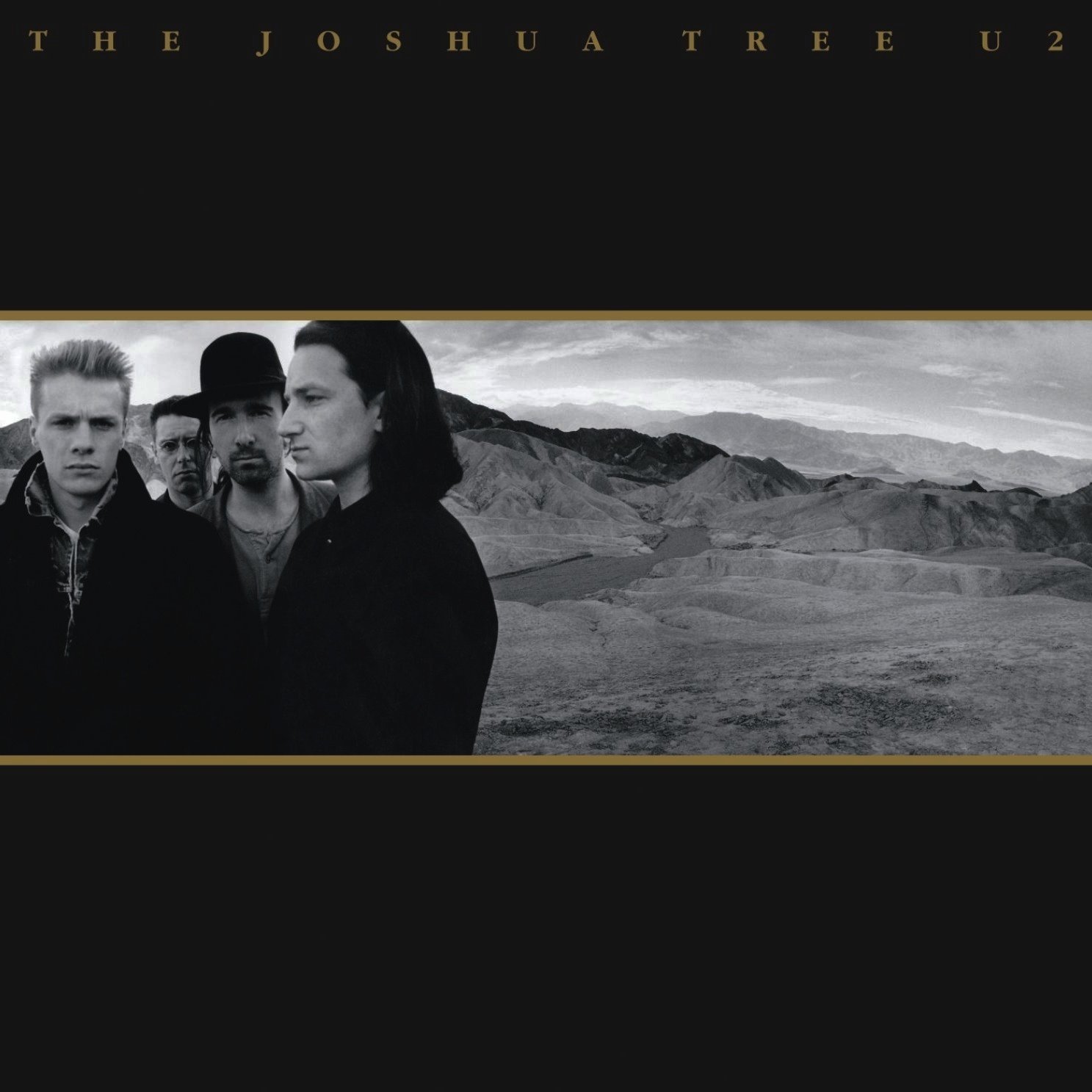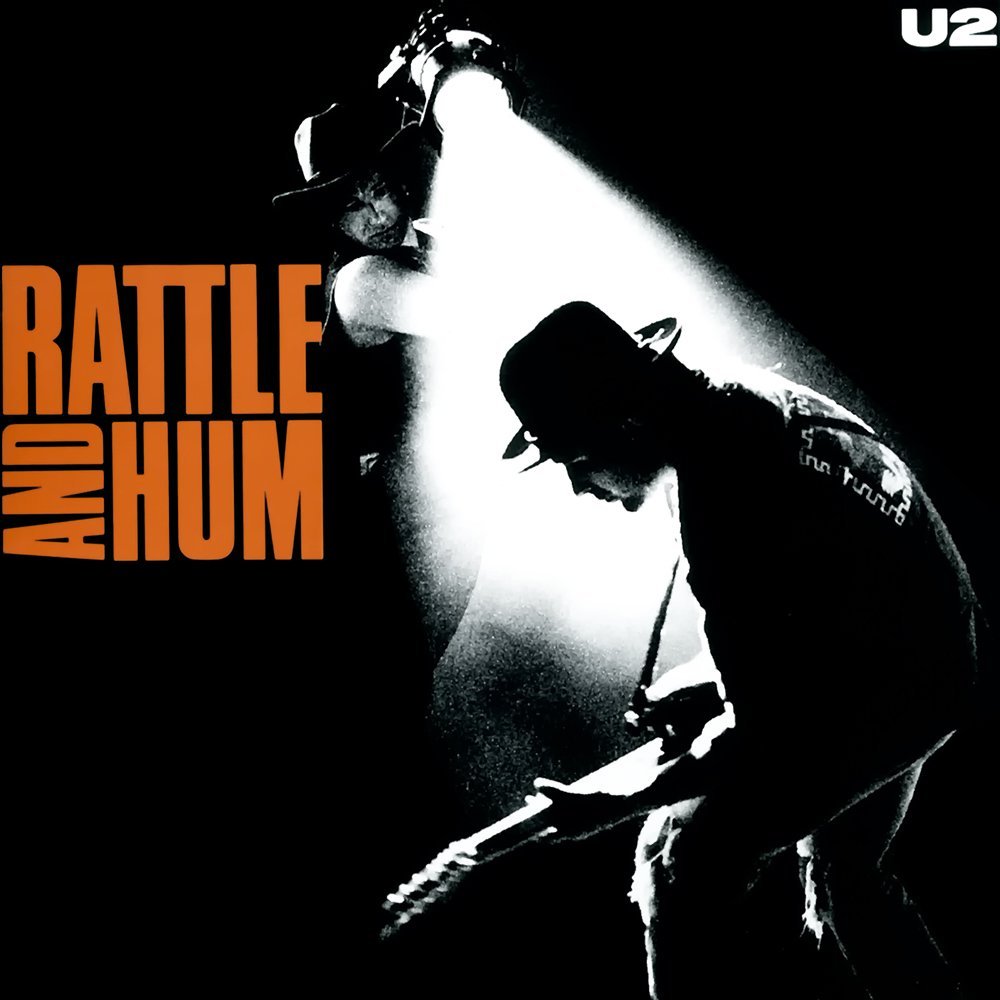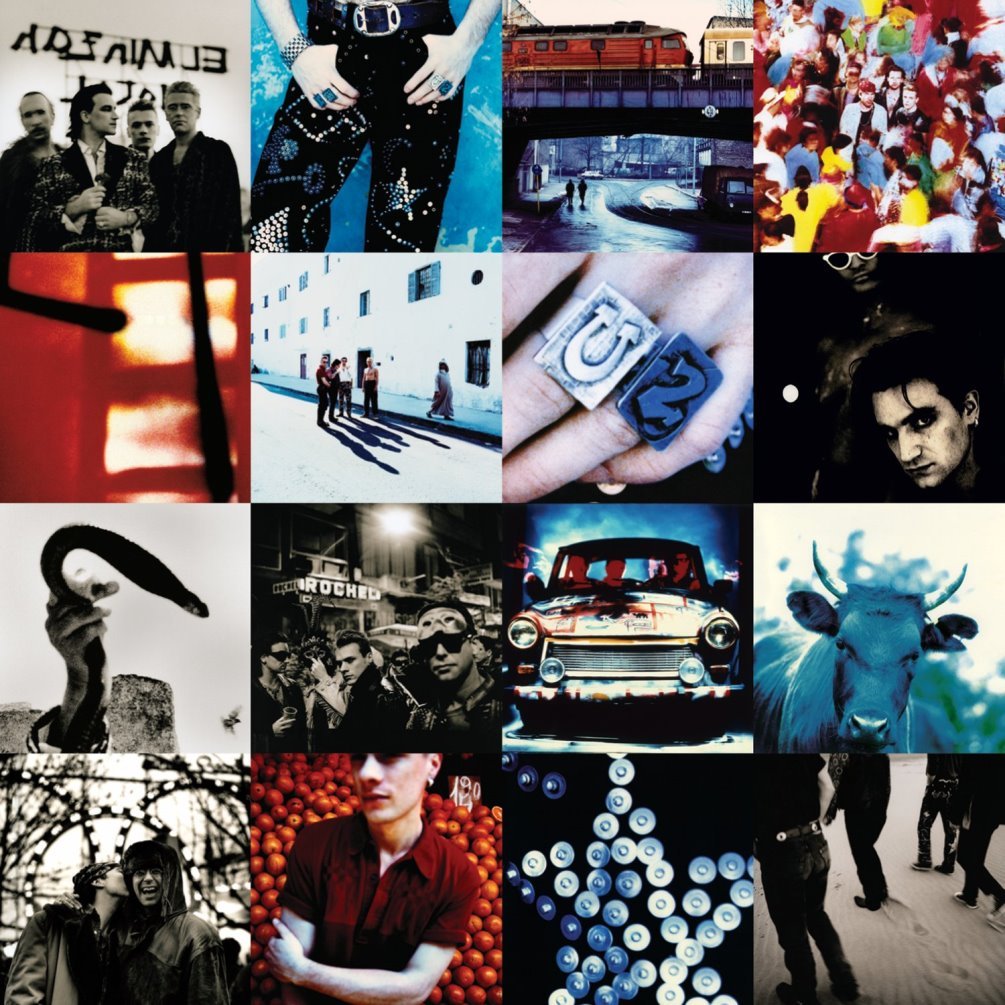Happy 40th Anniversary to U2’s third studio album War, originally released February 28, 1983.
The year was 1983. Ronald Reagan was President, hip-hop was still in its infancy, and rock music was in the midst of a severe identity crisis. It was also the year that U2 released their third studio album War. This album was a welcome departure from their previous two albums, Boy (1980) and October (1981), which were mostly somber, moody and lacking in grit.
At the time of War’s release, let’s just say that the music of the time lacked an edge (no pun intended). Record companies took what was left of the punk movement and watered it down until it lost all of its bite. MTV had just arrived on the scene and musical acts had to be camera ready. Style quickly replaced substance. U2 took this as a cue to change course. In 1989, The Edge told Rolling Stone, ”Punk had died. We couldn't believe it had been swept to the side as if it had never happened, and War was designed as a knuckle buster in the face of the new pop."
This change in philosophy shoved U2 in a direction that I think not even the band themselves thought they would go in. War was the beginning of U2’s commitment to playing music that was politically inspired. Their sound rocked much harder than their previous efforts, but they maintained the beauty that was ever-present in their songwriting. "We wanted love and anger," The Edge said. "We wanted a protest record, but a positive protest record."
The origins of the album came from a very unconventional start. In August of 1982, while on his honeymoon, Bono began to write lyrics for U2’s yet to be named third album. One of the songs he worked on was “New Year’s Day,” which had started out as a love song dedicated to his new bride, Ali. That changed once the band entered the studio to record. Bono’s love song for his wife morphed into an ode to the political unrest in Poland and the then-imprisoned Lech Walesa. Bono told Rolling Stone he made the lyrics up on the spot, as he often does. He said, "We improvise, and the things that came out; I let them come out. I must have been thinking about Lech Walesa being interned. Then, when we'd recorded the song, they announced that martial law would be lifted in Poland on New Year's Day. Incredible."
Listen/Watch (Playlist):
War is a commentary on a world that seemed to be at war in every corner. Bono told NME in February 1983, "War seemed to be the motif for 1982. Everywhere you looked, from the Falklands to the Middle East and South Africa, there was war. By calling the album War we're giving people a slap in the face and at the same time getting away from the cozy image a lot of people have of U2." Protest songs and albums were not exactly in vogue in 1983 and were considered by many a thing of a bygone era. Upon its release, War initially took a beating from the critics in the UK. They expected the same serene, flowery prose from the band’s previous output.
They weren’t ready for the ten-song newscast that opens up with the punch in the face that is “Sunday Bloody Sunday.” It was a welcome contrast to Duran Duran or whatever else was in constant rotation on MTV. The song still remains a huge part of their concerts to this day.
“I can't believe the news today / I can't close my eyes and make it go away / How long, how long must we sing this song? / How long, how long? / ‘Cos tonight/ We can be as one, tonight.”
War was recorded in six weeks in Dublin, Ireland. The process pushed the band out of their comfort zone and forced them into having a prolonged George Costanza moment; they did the opposite of what they had previously done in studio. The Edge used less echo in his playing, resulting in a more powerful yet subtle sound. Drummer Larry Mullen, Jr. used a click track for the first time based on advice given to him by one time Sly & the Family Stone and Roxy Music drummer Andy Newmark. The most “out of left field” occurrence during the recording sessions was the use of The Coconuts as backing singers on the album. Kid Creole & The Coconuts were on tour in Dublin at the time and wound up hanging out with the band. Eventually, they wound up singing on the track “Surrender.”
Despite the intense political thematic thrust of the album, there was an ease to the band’s playing on this album. Rather than feeling burdened when you listen to it, you’re left feeling somewhat hopeful. The aforementioned “New Year’s Day” exemplifies this feeling. Despite the fact that it’s a song with the political strife in Poland being a reference point, the lyrics we remember are the positive ones.
“Say it's true, it's true… / And we can break through / Though torn in two / We can be one. I…I will begin again / I… I will begin again.”
Enjoying this article? Click/tap on the album covers to explore more about U2:
For me, War is the album that made U2 relatable. Previously, I just didn’t get it. To me, they were just “okay.” With War, they had something to say, and it wasn’t just about what was going on in the US. There was a world out there that I knew nothing about nor did I care about at the time. War made me think about things in the world that simply were not on my teenaged radar. That’s what a good political record is supposed to do. It sucks you in with a collection of well-crafted songs while sneaking in a message here and there.
I’ve always loved this album for many reasons, one being that back in the day the entire album was on both sides of the cassette. Very convenient when you’re navigating the city. Another reason is that it always takes me back to a good time, when U2 weren’t a global phenomenon yet. They were simply that Irish band who finally figured out where they were going. For me, War was U2 at the beginning of their best. Give War a spin. If you’re lucky enough to still have your cassette and even luckier to have something to play it on, press play.
LISTEN:
Editor's note: this anniversary tribute was originally published in 2018 and has since been edited for accuracy and timeliness.

